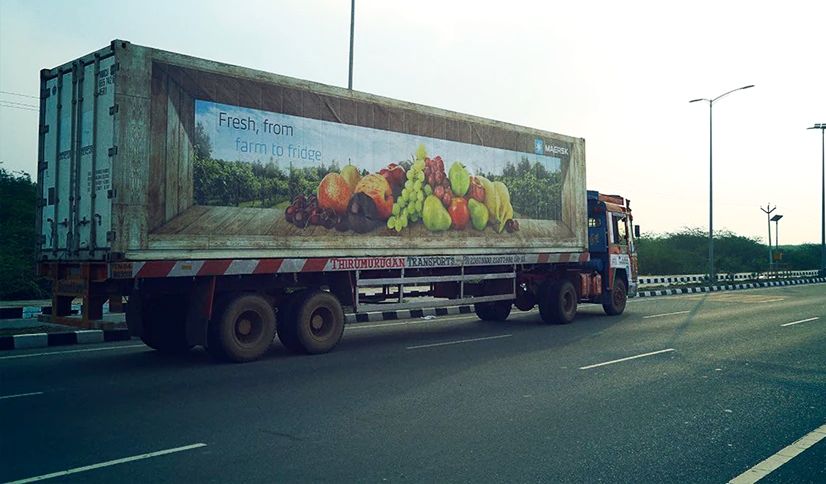
According to a UN report, an estimated 931 million tons of food were wasted globally in 2019. Domestic food waste in India is estimated to be around 68.7 million tons per year. Household food waste in India is estimated to be 50 kg per capita per year. This fact may come as a surprise in a country where people are prudent about food and food waste since time immemorial.
Children in all households are taught to clean their plates because there are plenty of unfortunate people in India who go hungry. However, with growing affluence, Indians seem to have lost a good part of their prudence in terms of food waste management. Surveys find that Indian households discard a significant 11% of all food available at the consumption stage of the supply chain. Food services and retail establishments waste around 5% and 2% of food, respectively.
What India can do about food waste management

According to a report by the UN Food & Agricultural Organization, every third of every malnourished child around the world is an Indian. India must cut down on its food waste in order to feed the 194 million Indians who go hungry on a daily basis. Both governments and citizens must together contribute to prevent food waste reduction so as to tackle the bigger environmental challenges of addressing climate change, biodiversity loss, pollution, and waste, etc.
For many developing countries such as India, the major challenge is finetuning the harvesting and packing process that food goes through before it reaches the end consumer. A significant amount of food is wasted due to gaps in the logistics supply chain, which needs to be addressed. While food waste is a global issue, India has the potential to turn it into a good business opportunity.
According to a report by Reports & Data, the global food waste management market size stood at $33.2 billion in 2019 and is expected to reach $45.6 billion by 2027, registering a CAGR of 5.8%. This report examines food waste in retail outlets, restaurants, and homes, accounting for both edible and inedible components such as bones and shells, and presents the most comprehensive data collection, analysis, and modelling on food waste to date. A substantial amount of food was wasted in nearly every country that studied, regardless of income level.
Technology’s role in preventing food waste

It is critical that technology is implemented at every stage of the supply chain to resolve this issue. For instance, the innovative reefer-container technology has revolutionized the transportation of perishable goods such as fruits, vegetables and processed food. These refrigerated containers allow food to remain fresh for more than a month and enable agricultural producers to efficiently ship a wide variety of products, from grapes to shrimp, across geographies.
According to a recent industry survey by Maersk, demand for refrigerated food products has been steadily increasing at an annual rate of 18% over the last few years. Between 2017 and 2022, it is expected to grow at a 19% annual rate. Fruits, vegetables, meat, and fish are the top reefer container exports from India, whose logistical requirements are extremely specific and include sorting, grading, processing, and packing.
Fruits and vegetables are scarce per capita in the country, owing to high post-harvest losses. This is primarily attributed to a lack of adequate cold-chain infrastructure. Supply chain planning can be enhanced through technology, reducing transit times in shipping and logistics. Additionally, numerous government initiatives are assisting in the development of food industry infrastructure.
Government initiatives
The Indian government has recognized the need to prevent food waste and committed INR3,100 crore to 101 new integrated cold chain projects. In 2019, the Chhattisgarh state government began constructing multi-commodity cold storage chambers for horticulture produce in key districts. Additionally, a post-harvest management program was undertaken to establish a network of packing houses and cold storage facilities across the state to help prevent damage to perishable commodities such as fruits, vegetables, and flowers.
These initiatives bode well for the food waste management industry. While these are small steps, they demonstrate the impact that reefer technology and improved processes can have on traditional logistics and trade methods.
Startups in food waste management industry

Concerned about increasing environmental degradation and the resulting health problems, a small but dedicated group of technology startups is emerging as solution providers for India’s waste crisis.
Loopworm is one such startup that is using insect biotechnology to rewrite the waste management narrative. Loopworm, co-founded by Ankit Alok Bagaria, has a vertical insect farm powered by technology that grows black soldier fly larvae. In 15 days, these larvae can grow their original size enormously by consuming food scraps. Since this fly species lack stinging parts, it is considered a non-pest and non-invasive species. Due to the larvae’s ability to devour almost anything of nutritional value, this solution is extremely scalable in both decentralized and centralized operation models.
The black soldier fly insects and their by-products are then used to produce protein-rich feed for fish and poultry, lauric acid-rich oil, insect frays, and Chitosan, creating a circular process. What makes the Loopworm solution unique is that it not only addresses waste management, but also generates a sustainable and protein-rich feed for fish and poultry, thereby solidifying closed-loop recycling.


